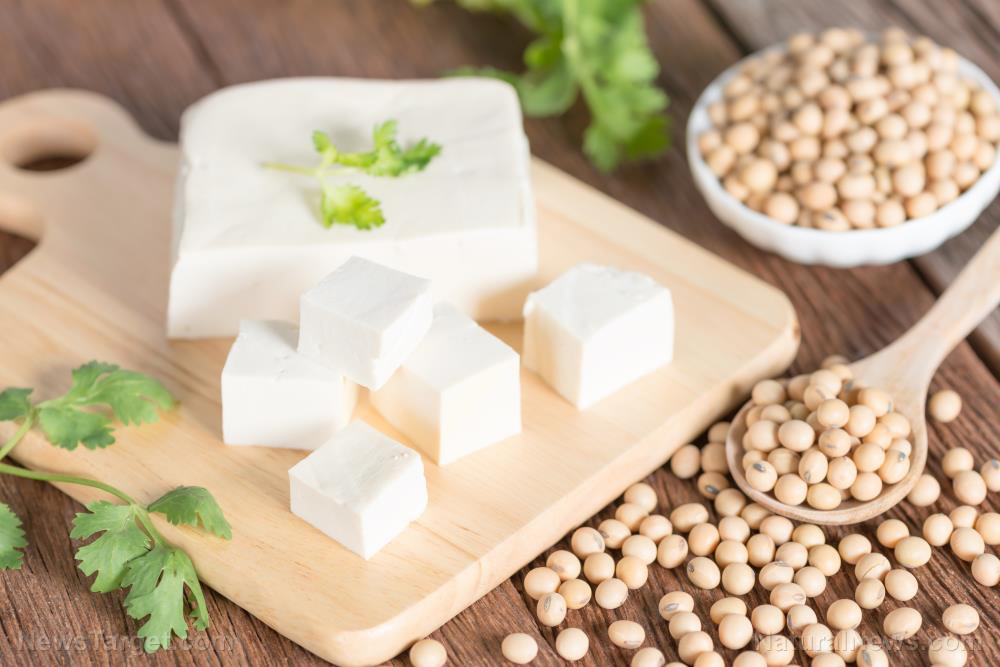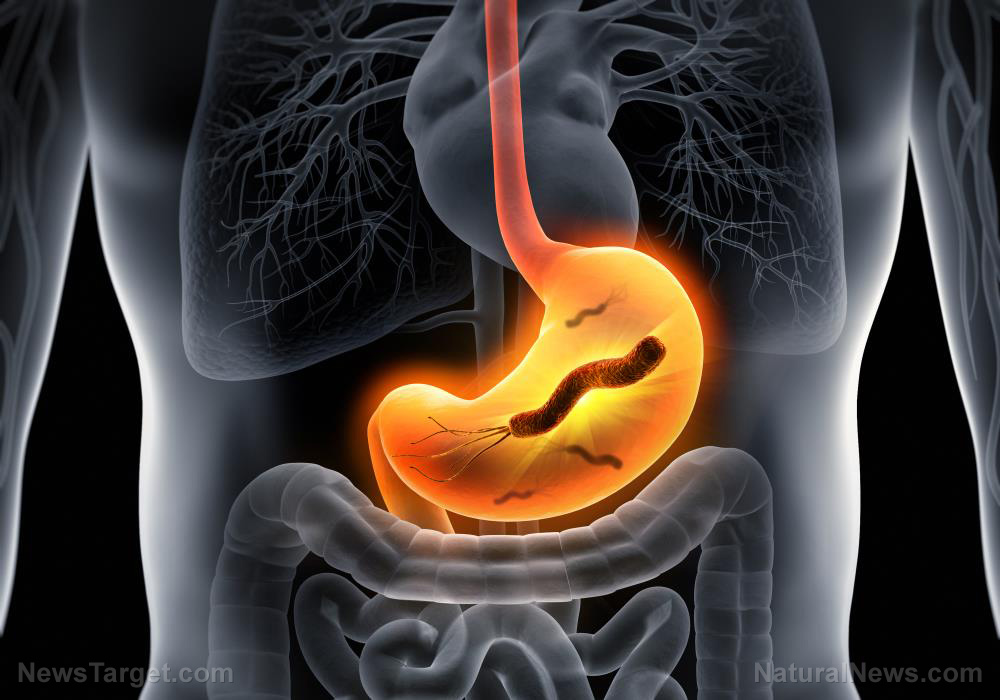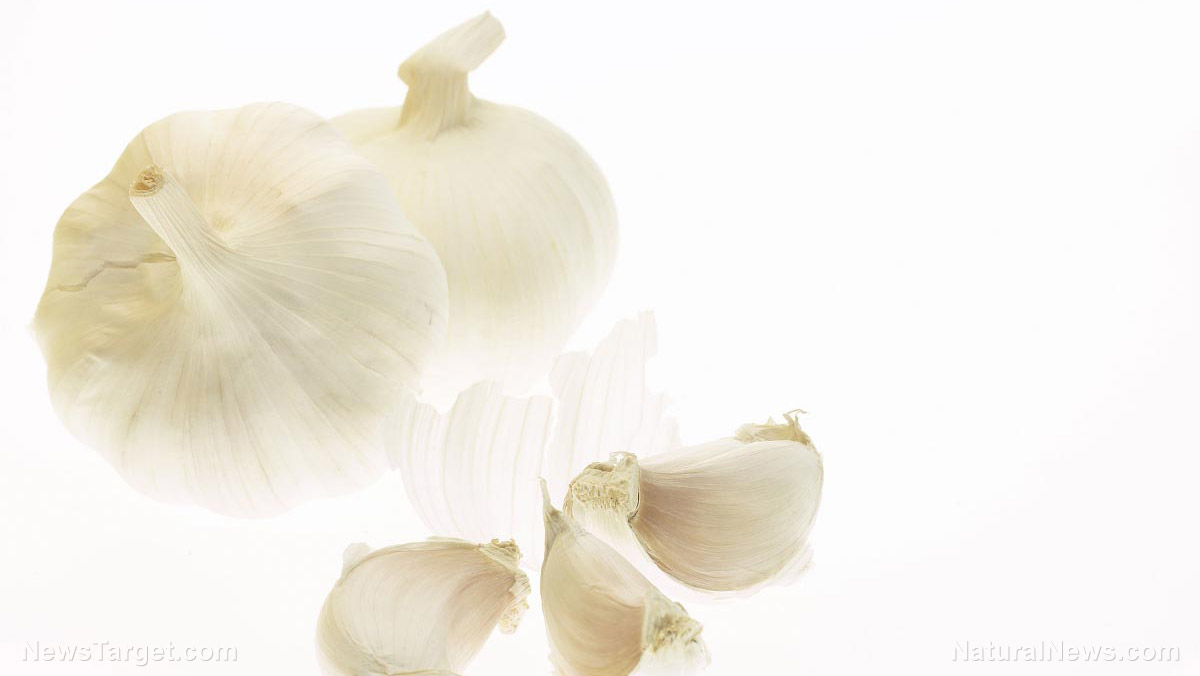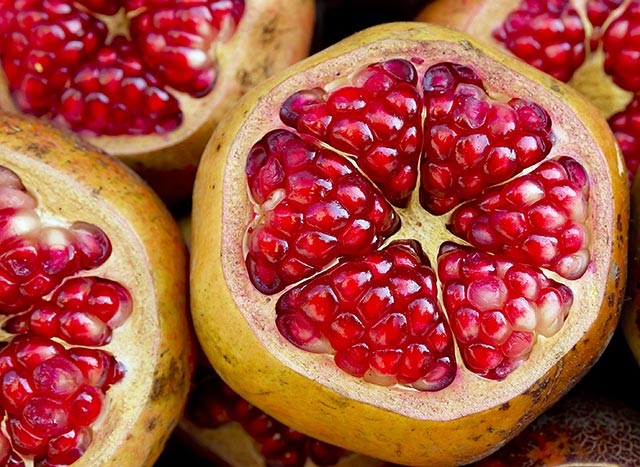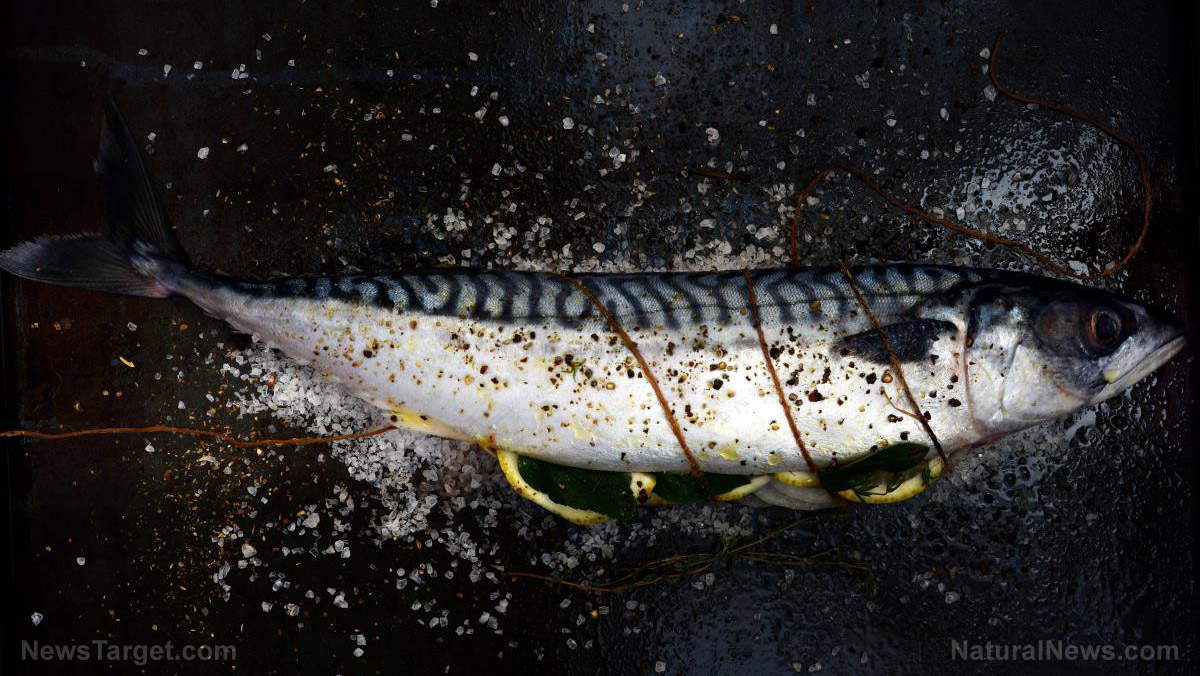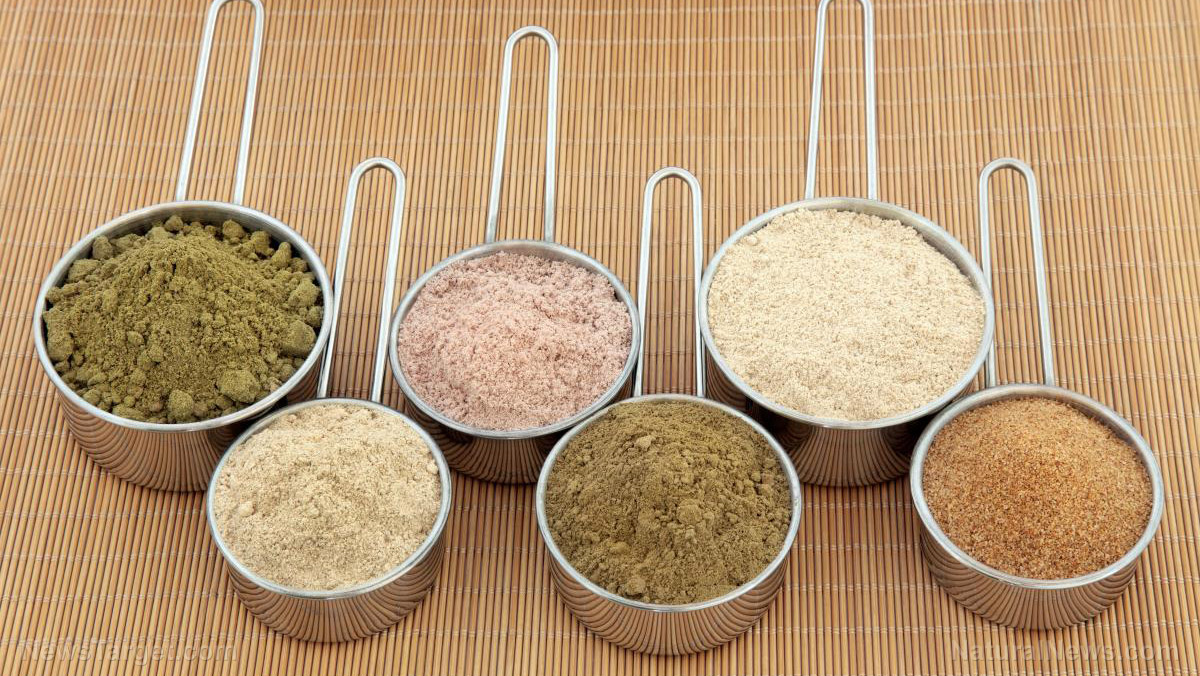Breastmilk: Scientists are still trying to understand what’s in nature’s perfect food and why
07/21/2019 / By Isabelle Z.

It’s clear that breast milk is the best food for your baby if you can provide it, but scientists are still discovering precisely what it contains and why. New research has uncovered the presence of yeast and other types of fungi that may play a role in the development and health of infants.
These fungi were found in the breast milk microbiomes of mothers across several different countries. Past studies have shown that several types of bacteria important to infant health can be found in breast milk, and this adds to the idea that breast milk serves as an important source of microorganisms to infants as they grow, essentially kick-starting the microorganism colonies in their guts that will form the foundation of a healthy digestive system throughout their lives.
After the researchers found the yeasts and fungi in breast milk in mothers in Spain, they decided to look at the breast milk of mothers in other counties to determine whether different lifestyles, weather and diets played a role. After looking at breast milk from mothers in China, South Africa and Finland, they were able to determine that these yeasts and fungi were universal across the continents and support the idea that breast milk provides the initial seeding of various fungal species in infants’ guts.
Across the countries studied, the genera Davidiella and Malassezia were the most prevalent. Penicillum and Sistotrema were also found in breast milk from every country studied. There were differences, however. More than 70 percent of breast milk from South African and Spanish mothers had detectable levels of fungal DNA, while the same was true of only 45 percent of the samples from Chinese mothers and 35 percent of those from Finnish mothers.
They also found that the mode of delivery – cesarean versus vaginal – did not make any different in the milk’s fungal diversity or richness, although mothers who delivered vaginally did have greater amounts of fungi like Cryptococcus.
Dr. Maria Carmen Collado of the Institute of Agrochemistry and Food Technology in Valencia, Spain, the study’s lead author, commented: “Our study identifies more fungal species that could potentially confer benefits for human health, and the possibility of isolating appropriate strains from breast milk. Those potential benefits should now be studied in detail.”
The findings were published in the journal Applied and Environmental Microbiology.
Breast milk’s growing list of benefits
Not only does breast milk contain beneficial fungi and yeast, but it also is full of natural, non-toxic antibiotics. It is also known to contain antibacterial substances that cannot be found in formula and other alternatives to breast milk. By using enzymes, sugars and proteins to dissipate bacteria, it makes it easier for babies’ immune systems and natural antibacterial agents to attack them.
Tests have shown that breast milk has properties that can kill one of the most common sources of infections in newborns, Streptococci bacteria. Other studies have shown that breastfeeding protects babies against giardiasis, an infection in the small intestine that is a leading cause of diarrhea.
All of these findings help explain why breastfed babies are less susceptible to countless diseases ranging from ear infections to meningitis. Rich in all the nutrients that babies need to thrive, breast milk really is nature’s perfect food. Best of all, when a mother is able to breastfeed her baby successfully, there is no opportunity for interference from greedy corporations or profit-minded doctors.
Sources for this article include:
Tagged Under: breast milk, breastfeeding, child health, Fungi, gut microbiome, Infants, natural cures, prevention, research, women's health, yeast
RECENT NEWS & ARTICLES
COPYRIGHT © 2017 FOOD SCIENCE NEWS




